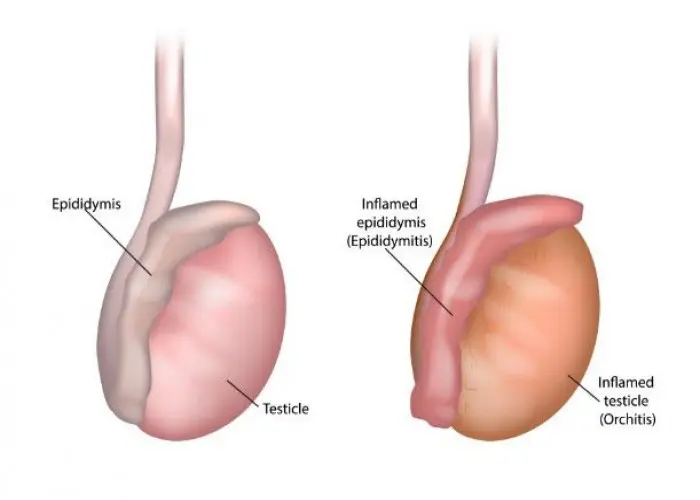 Welcome
Welcome
“May all be happy, may all be healed, may all be at peace and may no one ever suffer."
CSF leak (Cerebrospinal fluid leak)

A cerebrospinal fluid (CSF) leak is a condition in which the clear fluid that surrounds the brain and spinal cord leaks out of the body. This can occur as a result of trauma to the head or spine, or as a complication of certain medical conditions or procedures.
The symptoms of a CSF leak can vary depending on the location and severity of the leak. Common symptoms include headache, neck pain, nausea, sensitivity to light or sound, and a clear, watery discharge from the nose or ear. In some cases, a CSF leak can also cause changes in vision, hearing, or taste.
Diagnosis of a CSF leak typically involves a physical examination, imaging studies such as CT or MRI, and tests to analyze the fluid that is leaking. Treatment of a CSF leak depends on the cause and location of the leak but may include bed rest, medications to reduce pressure in the brain, and surgical repair of the leak. In some cases, a lumbar drain may be placed to allow for continuous drainage of the CSF.
Untreated CSF leaks can lead to serious complications such as meningitis, brain abscess, or other infections. It is important to seek medical attention if you experience any symptoms of a CSF leak, particularly if you have a history of head or spinal injury or surgery. Early diagnosis and treatment can help prevent complications and improve outcomes.
Research Papers
Disease Signs and Symptoms
- Back pain
- Headaches
- Shoulder pain
- Ringing in ears (tinnitus)
- Dizziness (vertigo)
- Nausea or vomiting
- Drainage of fluid from ear
- Meningitis or encephalitis
- Decreased hearing
Disease Causes
CSF leak (Cerebrospinal fluid leak)
Spinal CSF leaks may be caused by:
- A lumbar puncture (spinal tap)
- An epidural in the spine for pain relief, such as during labor and delivery
- An injury to the head or spine
- Bone spurs along the spine
- Abnormalities of the dura mater around the nerve roots in the spine
- Abnormal connections between dura mater and veins (CSF-venous fistulas)
- Prior surgery on the spine
Cranial CSF leaks may be caused by:
- A head injury
- Increased pressure in the brain
- Poorly functioning shunt
- Malformations of the inner ear
Sometimes CSF leaks develop after very minor events:
- Sneezing
- Coughing
- Straining to have a bowel movement
- Lifting heavy objects
- Falling
- Stretching
- Exercise
Disease Prevents
Disease Treatments
Some CSF leaks improve with bed rest alone. Other CSF leaks may need treatment.
Treatments for spinal CSF leaks may include:
- Epidural blood patch. This treatment involves taking a sample of your own blood, then injecting it into the spinal canal. The blood cells form a clot, which creates a patch to cover the area where the CSF is leaking.
- Sealant. A special sealant may be used alone or mixed with your blood in the same technique described above to cover the hole and stop the CSF leak.
- Surgery. Some CSF leaks need surgery, though surgery is only performed if the other treatment options don't work and the precise site of the leak is known. There are several types of surgical treatments that repair CSF leaks. Surgery may involve repairing the CSF leak with stitches or grafts made from patches of muscle or fat.
- Trans-venous embolization. This is a new minimally invasive, catheter-based treatment for CSF-venous fistulas only that involves gluing shut the fistula from inside the culprit vein.
Some cranial CSF leaks, such as those caused by trauma, improve with conservative measures such as:
- Bed rest
- Elevating the head of the bed
- Taking stool softeners to prevent straining
Most spontaneous cranial CSF leaks require surgery.
Disease Diagnoses
Disease Allopathic Generics
Disease Ayurvedic Generics
Disease Homeopathic Generics
Disease yoga
CSF leak (Cerebrospinal fluid leak) and Learn More about Diseases

Aplastic anemia

Hypospadias

Chronic exertional compartment syndrome

Neurodermatitis

Epididymitis

Tinea versicolor

Melanoma

Vascular dementia
csf leak, এerebrospinal fluid leak, সিএসএফ লিক, সেরিব্রোস্পাইনাল ফ্লুইড লিক
To be happy, beautiful, healthy, wealthy, hale and long-lived stay with DM3S.
